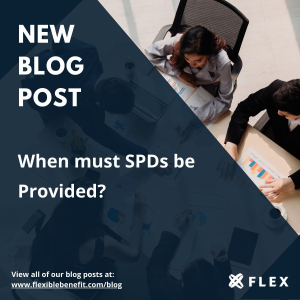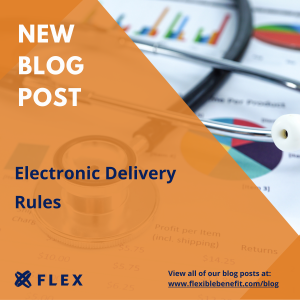ERISA
The Employee Retirement Income Security Act of 1974 (ERISA) requires plan sponsors of health and welfare benefit plans (e.g., medical, dental, vision, HRA, FSA) to provide a Summary Plan Description (SPD) to plan participants at certain times. An SPD is a written document that summarizes the material provisions of a plan and describes how the plan operates.
Did you know that there are specific rules in place to electronically furnish plan documents and written notices that are required to be distributed by the Employee Retirement Income Security Act of 1974 (ERISA)? This includes electronic distribution of documents and notices by email or by posting to an internal company website. The general requirements are as follows:
It’s official. The Biden Administration announced the COVID-19 national emergency and public health emergency will end on May 11, 2023.
The Employee Retirement Income Security Act of 1974 (ERISA) requires employers to provide a Summary Plan Description (SPD) to employees if they offer health, dental, vision, life, disability, or other benefits.
The Employee Benefit Security Administration (EBSA), a division within the U.S. Department of Labor (DOL), recently published a Cybersecurity Program Best Practices document for employer plans subject to the Employee Retirement Income Security Act of 1974 (ERISA).
As we approach the new year, it is important that employers and benefit advisors not forgot some of the reporting obligations that come along with offering group health plans and other employee benefit programs.
Here are four reporting reminders:
Tis the season where open enrollments are occurring throughout the country. Employees are generally offered an array of benefits to choose from by their employer. This includes, but is not limited to, health insurance, dental insurance, vision insurance, Flexible Spending Accounts (FSAs), and more. It’s the most wonderful time of the year; however, employers need to make sure they comply with a very simple, but important rule.
The regulatory agencies have been busy issuing guidance these last several weeks. Here are some important updates in case you missed them:
The Employee Retirement Income Security Act of 1974 (ERISA) requires employers to provide a Summary Plan Description (SPD) to employees if they offer health, dental, vision, life, disability or other benefits.









